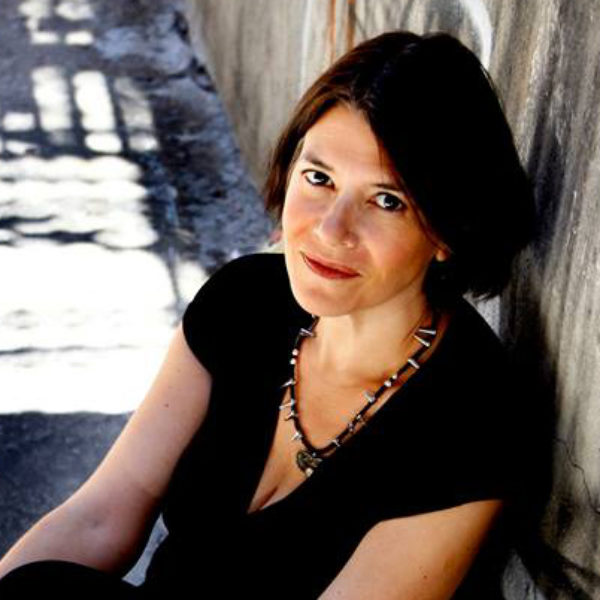Men Wept
Socrates sent the women away so he could die
without the sound of weeping. The men wept.
In the painting by Jacques Louis David,
Socrates sits up, points a finger skyward,
and reaches for the hemlock cup. His wife,
Xanthippe (I think of them as Zan and Soc)
is in the David picture too, doing her thing
for the scene: Being sent away.
She is far down the hallway and last. The rest
have turned left, headed up the steps and out.
She looks back, like a lot of wives,
she’d been a pillar, and also a salt tart.
She holds up a hand goodbye.
He’s preparing to assault himself. She’s younger
than him. They have little children.
They are likely still fucking, if we allow the phrase
to undergo a deep devaluation while still
meaning something. That’s philosophy.
Recall Soc’s parable of us all four-legged,
two-headed, and self-in-love? Such tenderness.
Then think of Zan, once enrapt in great-robed
arms, now divested. Soc told Xenophon
he didn’t fight at his trial to avoid getting old.
From the vantage of love it seems
wrong to be so full of exit wisdom.
Down the hall, her palm is a twin of his hand,
his a tweaked fist, one finger up.
Posed like a habit but hard like a rock.
He points to indicate a rise up to the Good,
her hand is a presentation, like a message. Stop.
Don’t drink the hemlock. What if, instead,
after his leg braces are off, and he has rubbed
his leg and observed the congruence of pain
and pleasure, but before he is offered the cup,
what if the prison is infested with a hundred bees?
The guard darts for the door, the menaced
guests gasp, yelp, and flee the scene.
Socrates is stung on the leg and when he bends
to see it, a buzz invades his ear, he swats, runs
out the door and home. Quiet now, he minds
the orchards and is soon locally known for his
figs. Back from the trees every night he finds her
filling their glasses, squinting into the setting
sun at the door, she raises a hand to greet him.
“Men Wept” by Jennifer Michael Hecht. Used with the permission of the author.
Listen to Jennifer Michael Hecht’s On Being interview, “Suicide, and Hope for Our Future Selves.”

